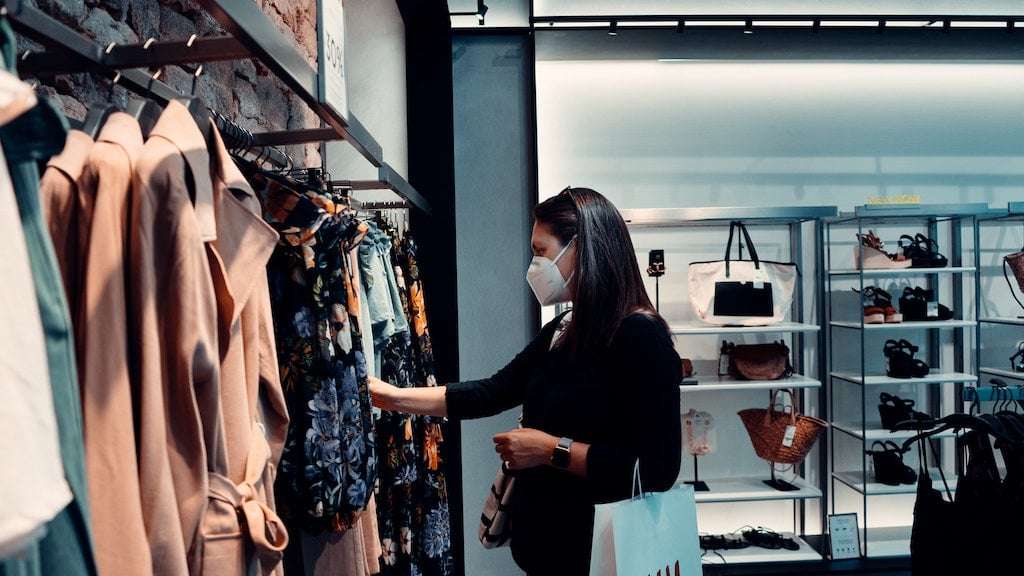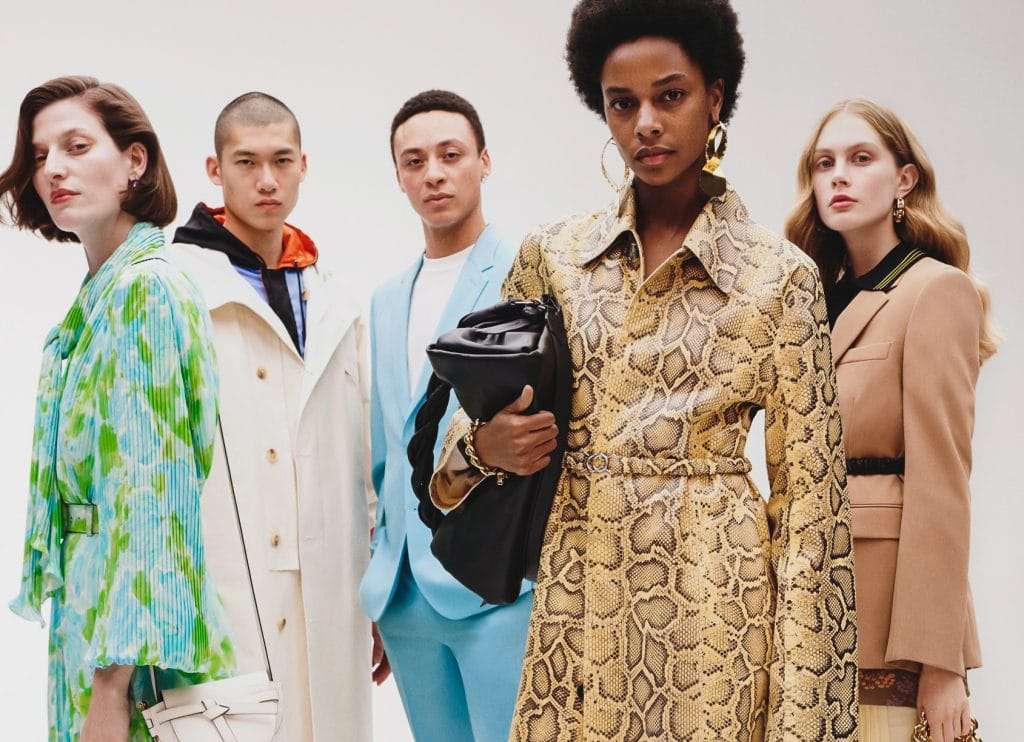A majority of Americans are willing to pay higher prices for sustainable products, even in the midst of a high inflation period.
According to GreenPrint’s latest Business of Sustainability Index that surveyed more than 1,000 U.S. adults, 66 percent of Americans said they would spend more on sustainable products compared with less sustainable options. For younger Americans ages 18 to 34, the number jumped to 80 percent.
The findings, published in June, come as inflation rates hit 8.6 percent for the 12-month period ending in May. But despite warnings of increased interest rate hikes to fight inflation, consumers say sustainability has never been higher.
Climate anxiety
A study published last September found widespread climate anxiety among young people ages 16 to 25. That survey looked at 10,000 participants, with 60 percent saying they felt either “very worried” or “extremely worried” about climate change. The concern increased strong emotions including feelings of anger, powerlessness, anxiety, fear, and sadness. For 45 percent of those surveyed, concerns about climate change had an impact on their daily lives.

The GreenPrint Index found that translating to how Americans are prioritizing their spending; most consumers today are concerned about the environment, the survey found, with 75 percent saying that it impacts their purchasing decisions. Specifically, recent climate-related events including wildfires, floods, and extreme heat, have made 70 percent of participants more likely to purchase environmentally friendly products. More than half of those participants said they had not been buying sustainable products before these extreme events.
“Americans are very clear—they want sustainable solutions and are willing to pay more for them, if only they knew how to find them,” Pete Davis, CEO and Co-Founder of GreenPrint, said in a statement. “We are in the midst of a significant acceleration in public demand for sustainability, and companies that do not meet that demand will quickly fall behind their competitors, especially with young Americans.”
While the interest is high, access is still a challenge; 78 percent of Americans said they don’t know how to identify companies selling sustainable goods or employing sustainable practices. Half of participants said companies need to clearly label their products, and 46 percent called for third-party verification of those claims.

Further, consumer trust in sustainability claims is low; 41 percent of participants said U.S. corporations are doing a poor job reducing their carbon footprint, and only 38 percent said they believe most corporate claims on sustainability.
GreenPrint says that number has dropped significantly from 47 percent in 2021. Both the airline industry and energy industry saw low consumer confidence as well, with about half showing concern about the industries’ efforts to reduce their carbon footprints.
“Over the past year, public trust in the authenticity and effectiveness of companies’ sustainability efforts has eroded significantly,” said Davis. “This puts businesses making genuine progress in a bind because their actions are less likely to be recognized. To win back trust, the data clearly shows Americans want companies to validate their sustainability claims through independent sources, both on the corporate level and for their products.”
Consumer spending habits
The findings mirror other data that show a change in purchasing habits. Recent data from secondhand platform ThredUp shows consumers are increasingly spending on used products instead of buying new. The resale market is expecting to double sales by 2026 to surpass $82 billion.
This shift in spending plays a significant role in decreasing emissions. According to Closed Loop Partners founder and CEO, Ron Gonen, almost half of all greenhouse gas emissions are attributed to how we manufacture the products and services we use. “Advancing the circular economy—one in which these goods are produced efficiently and never wasted—is a critical part of addressing climate change and environmental issues,” he told Ethos.

“Many companies today are focused on adopting and accelerating circular solutions. As new supply chain pressures, changing consumer values, technological developments, and regulatory forces transform today’s landscape, there is a meaningful investment opportunity in the realignment and modernization of industries to align business and environmental goals,” Gonen said. “At every stage of the supply chain, we can reimagine how we make, sell and consume products.”
The demand for sustainability is being seen in luxury purchases as well. Companies like De Beers and HB Antwerp are increasing efforts to make the supply chain more transparent and traceable. A study released by De Beers last year found that consumers were willing to pay more for higher ticket items like diamonds if the company was transparent about factors like sustainability and provenance.
“Sustainability has risen to the top of many stakeholders’ priorities in the last few years, not least those of consumers,” Bruce Cleaver, De Beers CEO said in November.
“Operating responsibly is now the baseline of consumer expectations, but beyond knowing their purchase has caused no harm, consumers also want to know how their purchases have helped create a better future for people and the planet.”
Related on Ethos:


